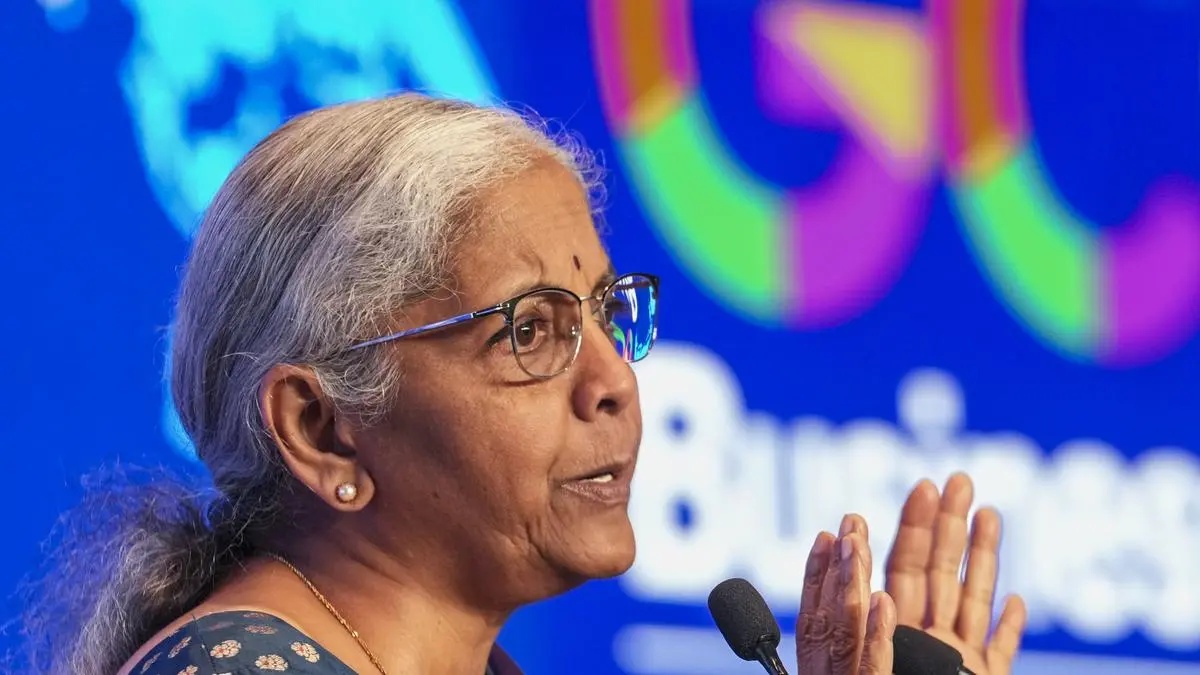
Enrollment Surge and Deadline Extension for Unified Pension Scheme
Over 31,555 central government employees have enrolled in the Unified Pension Scheme (UPS) as of July 20, 2025, with the final enrollment deadline extended to September 30, 2025, according to recent parliamentary disclosures. Finance Minister Nirmala Sitharaman confirmed in a Lok Sabha reply that the government has introduced UPS as an optional pension framework under the National Pension System (NPS) for central government employees, offering assured financial security. The scheme aims to provide stable retirement benefits, addressing concerns over the unpredictability of traditional pension models. The extension of the enrollment window, originally set for March 31, 2025, reflects the government’s effort to ensure broader participation, particularly among retirees and those nearing retirement. This move is part of a broader strategy to modernize pension systems while maintaining fiscal responsibility, balancing employee welfare with public finance management.
Benefits and Eligibility Criteria for Retired and Deceased Employees
The UPS has been expanded to include retired central government employees and those who passed away before March 31, 2025, provided they met the qualifying service criteria. Sitharaman highlighted that 25,756 retired subscribers are eligible for additional benefits under the scheme, including retirement gratuity and death gratuity. These provisions ensure financial support for dependents of deceased employees, as well as for retirees who may face financial challenges post-retirement. The eligibility criteria specify that employees must have completed at least 10 years of qualifying service and were covered under the NPS. This extension of benefits underscores the government’s commitment to safeguarding the welfare of retired staff and their families, even after their service tenure has ended.
Tax Advantages and Dual Pension Option for Active Employees
Under the UPS, active government employees now enjoy tax benefits similar to those available under the NPS, as stipulated by the Income Tax Act, 1961. This includes deductions for contributions made to the scheme, reducing the taxable income of employees. Furthermore, employees who opt for UPS are also entitled to choose between the CCS (Pension) Rules, 2021, or the CCS (Extraordinary Pension) Rules, 2023, in the event of their death during service or discharge due to invalidity. This dual pension option provides flexibility and additional financial security for families of deceased employees, ensuring they are not left vulnerable to financial instability. The integration of these rules under UPS reflects a strategic effort to harmonize pension benefits across different frameworks, enhancing the overall appeal of the scheme.
Government’s Stance on Expansion and Future Plans
When questioned about the possibility of extending UPS benefits to other pension schemes or sectors, Sitharaman clarified that the scheme remains exclusive to central government employees covered under NPS. The government has no immediate plans to broaden its scope, emphasizing the need for targeted reforms rather than widespread expansion. This decision aligns with the focus on optimizing existing pension frameworks rather than creating new ones, which could complicate administrative processes. The emphasis on sector-specific reforms highlights the government’s approach to addressing pension challenges in a structured and sustainable manner, ensuring that resources are allocated efficiently to support the most vulnerable groups.
Impact of UPS on Employee Welfare and Fiscal Policy
The introduction of UPS marks a significant shift in the pension landscape for central government employees, offering a blend of stability and flexibility. By providing assured payouts and additional benefits, the scheme aims to alleviate financial uncertainties for retirees and their families. However, the government’s decision to limit the scheme to NPS-covered employees underscores the importance of fiscal prudence in public sector reforms. The extension of enrollment deadlines and the inclusion of retirees and deceased employees demonstrate a commitment to inclusive welfare policies, while the exclusion of other sectors reflects a strategic focus on prioritizing existing frameworks. As the UPS gains traction, its long-term impact on employee satisfaction and fiscal sustainability will be critical in shaping future pension policies.




